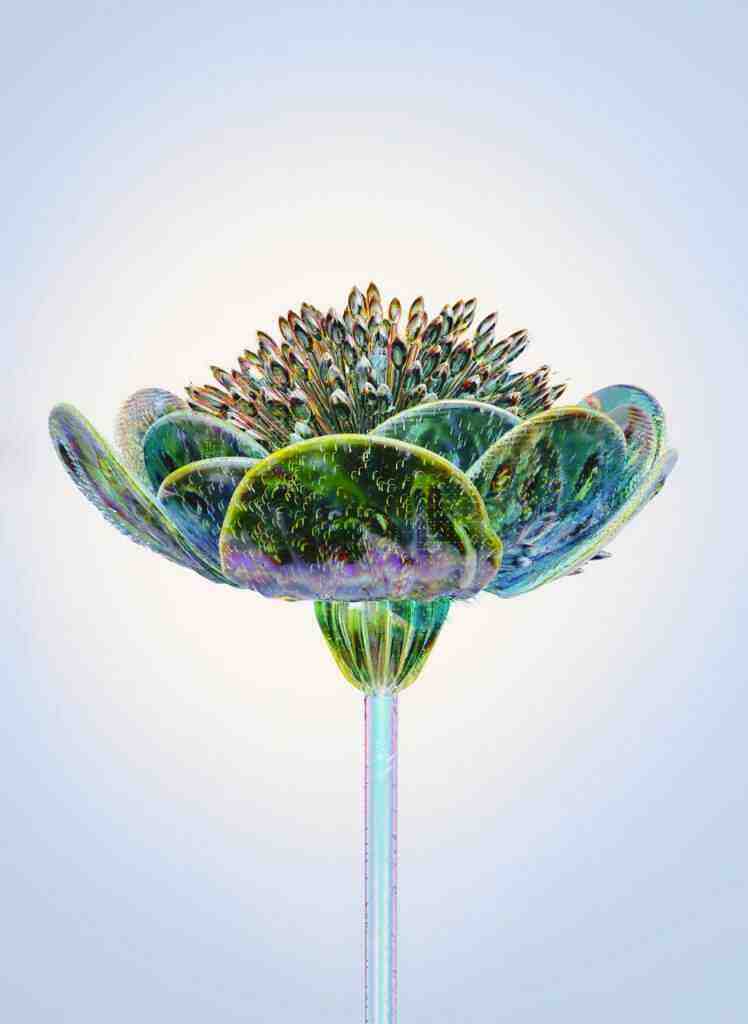Art vs. Power: A Conversation with Ai Weiwei
In a world often stifled by power dynamics, renowned artist Ai Weiwei emerges as a defiant voice against censorship and oppression. His latest work, “Zodiac: A Graphic Memoir,” presents a powerful narrative intertwining personal struggles with broader societal issues. In an exclusive interview, we delve into Ai’s perspective on art’s relationship with power, the significance of artistic expression, and the ongoing fight against censorship.
The Fear of Art and Poets
Ai’s memoir echoes his belief that “Power is afraid of art and poets.” Growing up in China amidst the aftermath of the Cultural Revolution, he witnessed the repressive nature of authoritarian rule firsthand. His childhood was marked by political persecution, curtailed intellectual freedom, and silenced artists and intellectuals. This early exposure to oppression shaped his understanding of the delicate balance between art and power, a theme that permeates his artistic journey.
Art as a Challenge to Authoritarianism
For Ai Weiwei, art is not merely personal expression; it is an act of defiance against systems of control. He believes art inherently challenges established norms and power structures. By venturing into uncharted territories and questioning prevailing ideologies, art becomes a potent force for change. Ai’s work often explores social justice, human rights, and political accountability, pushing boundaries and provoking uncomfortable conversations.
Zodiac: A Memoir of Resilience and Resistance
“Zodiac: A Graphic Memoir” stands as a testament to Ai Weiwei’s unwavering commitment to artistic freedom. Through a combination of personal anecdotes, philosophical musings, and political commentary, the book narrates Ai’s journey from his early years in China to his international recognition as a contemporary artist. It delves into his struggles with censorship, imprisonment, and exile, highlighting the resilience and determination required to navigate authoritarianism’s treacherous landscape.
Censorship and the Suppression of Truth
Ai Weiwei’s artistic career has been punctuated by numerous instances of censorship and suppression. His works have been banned, his studios demolished, and he himself has faced imprisonment and threats. Despite these challenges, Ai remains steadfast in his belief that censorship fundamentally attacks the very essence of artistic expression. He argues that censorship not only stifles creativity but also undermines society’s ability to engage in critical dialogue and hold power accountable.
The Importance of Artistic Expression
In the face of censorship and oppression, Ai Weiwei emphasizes the vital role of artistic expression as a catalyst for social change. He believes artists have a responsibility to speak truth to power, challenge injustices, and amplify the voices of the marginalized. Through their creative works, artists can raise awareness, inspire empathy, and mobilize collective action. Ai’s art often serves as a platform for social commentary, addressing issues such as human rights abuses, environmental degradation, and political corruption.
The Struggle for Artistic Freedom
Ai Weiwei’s journey is a reminder of the ongoing struggle for artistic freedom worldwide. While censorship and oppression persist in many societies, artists like Ai Weiwei stand as beacons of hope, demonstrating the resilience and determination of the human spirit. Through their unwavering commitment to truth and justice, they challenge the status quo and pave the way for a more open and just society.
In an era where power often seeks to silence dissent, artists like Ai Weiwei serve as powerful reminders of the importance of artistic expression and the indomitable nature of the human spirit. Their unwavering commitment to truth and justice inspires us to challenge oppressive systems, amplify marginalized voices, and strive for a world where art and power coexist in harmony.
